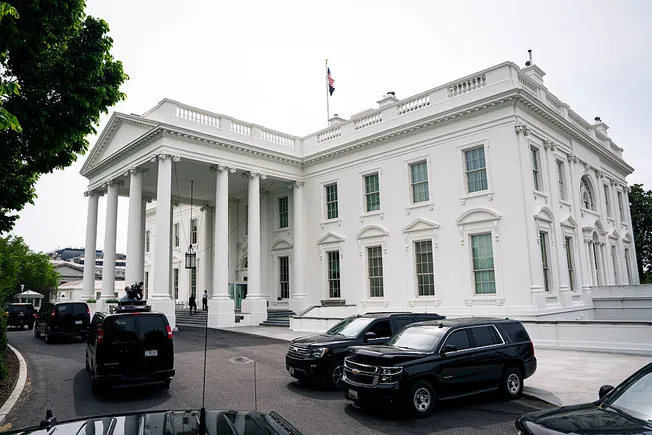Dive Brief:
- President Donald Trump last week ordered federal agencies to overhaul their procurement systems and regulations. It’s the biggest effort to modernize how federal agencies buy products and services since Congress passed the Federal Acquisition Streamlining Act and the Federal Acquisition Reform Act into law in the ‘90s, according to Federal News Network.
- Trump’s April 15 executive order said the FAR had evolved “into an excessive and overcomplicated regulatory framework.” He called for it to include only those “provisions required by statute or essential to sound procurement,” and said any provisions that do not advance these objectives should be removed.
- In a second order on April 16, Trump also directed agencies to purchase only commercially available products and services, rather than unique government systems or custom solutions, unless they are given a waiver from the agency’s approval authority.
Dive Insight:
The FAR was enacted in 1984 to establish uniform procedures for acquisitions across executive departments and agencies. Now the Office of Federal Procurement Policy within the White House’s Office of Management and Budget will conduct the sweeping review and rewrite of the FAR within 180 days of Trump’s April 15 order.
“Led by OFPP, the FAR Council will rewrite the FAR in plain English, eliminate non-statutory and duplicative regulations, remove DEI and wokeness and add buyer guides in place of burdensome and outdated requirements,” according to the order.
The FAR incorporates regulations like Buy American, the Service Contract Act, the Competition and Contracting Act and the Davis-Bacon Act. It’s not yet clear how they will be altered, but the administration has expressed strong support for domestic purchasing requirements, saying in an April 3 fact sheet that “Buy American is the epitome of common-sense public policy.”
That means civil builders need to be ready to adapt. Although Trump’s order aims to simplify the procurement system, it also sets in motion a period of regulatory uncertainty that may prove challenging for federal contractors, according to an April 17 post by lawyers at global law firm Dentons.
“Contractors may be forced to navigate a fragmented environment where some agencies adopt new deviations and reforms more quickly than others, and contracts almost certainly will be subject to a patchwork of requirements depending on when they were awarded, creating inconsistency across the federal procurement landscape,” according to the Dentons lawyers.
The transitional period may increase internal costs because contractors will need to update compliance systems, retrain staff and reassess risk management strategies, per Dentons.
Trump set a 15-day deadline for agencies to designate a senior procurement official to work with the FAR Council and a 20-day deadline for the OMB director to provide guidance to agencies.
The second Trump administration has been moving quickly to update the rules governing how projects get done. On April 15, Trump also ordered federal agencies to integrate technology into their permit reviews in an effort to speed up the processing time for infrastructure projects.
View the original article and our Inspiration here


Leave a Reply